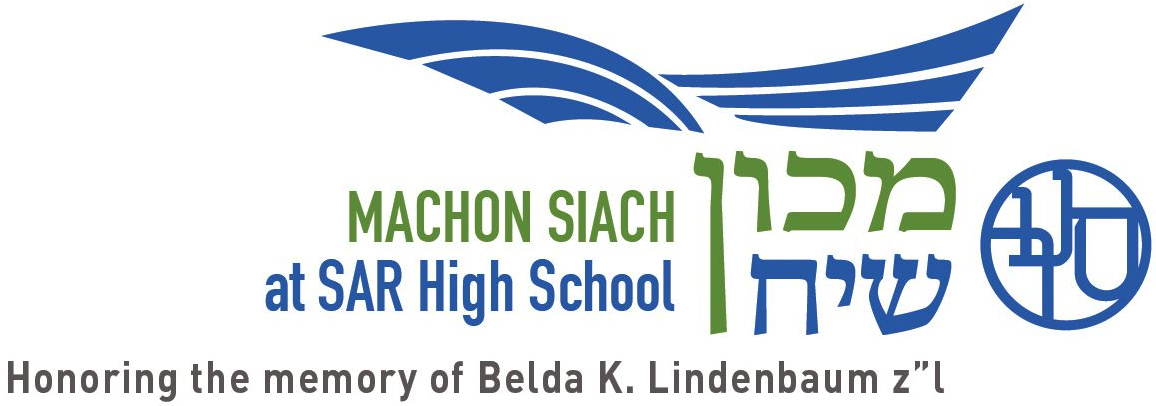
Teaching Respect: The Dreyfus Affair’s Contemporary Resonance
Per its mission statement, SAR High School is dedicated to “recognizing the unique needs and potential of each individual.” This ideology is exemplified by the “nicest kids” initiative, which fosters a community of kindness and mutual respect. The concept of mutual respect directly relates to Israel’s fate since October 7th. To frame this connection, I will revisit late nineteenth-century France, the home of the Dreyfus Affair.
The Dreyfus Affair, a late-nineteenth-century French scandal, centered around the Jewish artillery captain Alfred Dreyfus. Falsely convicted of treason and espionage, Dreyfus was tried, found guilty, and given a life sentence. Concurrently, J’accuse…! (“I accuse”), an open letter criticizing the French military, was published on January 13th, 1898, in the newspaper L’Aurore. Penned by Émile Zola, a non-Jewish French author and journalist, this bitter censure addressed to the president of the French Republic, shifted public opinion in favor of Alfred Dreyfus, begot military and legal reforms (Duclert, The Dreyfus Affair, p. 93 & 108) and influenced future European civil rights dialogues.
Shortly after, Zola was charged with libel for writing J’accuse…!. When tried, instead of mounting a defense, Zola used his appeal to the jury as a forum for further defending Alfred Dreyfus. He expressed that if France is still “the France of the rights of man,” then the jury would find Alfred Dreyfus innocent (Lend Me Your Ears; Great Speeches in History. William Safire. p. 357-360). Zola had no ties to Judaism or its community yet still defended a man persecuted for his faith because he genuinely respected justice and truth. He stated that if France were to ignore injustices, then the nation’s moral foundation would be at risk, jeopardizing the nation’s future by facilitating the collapse of honor in society. He recognized that without his allyship, the future of France’s morals would be at stake. Subsequently, Dreyfus was retried and once again found guilty. Although he was pardoned by the French president a few days later, it wasn’t until 1906 that Dreyfus was exonerated and reinstated in the army.
The Dreyfus Affair, publicized throughout France due to Zola, highlighted the pervasive antisemitism latent in French society. This antisemitism reinforced the belief of Theodor Herzl, a Paris correspondent for the Viennese newspaper Neue Freie Presse, of the necessity of a Jewish state. Catalyzed by the Dreyfus Affair, Herzl set out to create a Jewish state. Unbeknownst to Zola, his act of allyship towards Dreyfus was so far-reaching that it inspired an irreligious, assimilated, unaffiliated Jew to become the undisputed founder of Modern Zionism, directly responsible for the creation of the State of Israel. Zola’s bold act illustrates the transformative power of respect for the potential and dignity of others.
Like late nineteenth-century France, our modern societies face rampant antisemitism. Antisemitism, like any social injustice, can be combated only by fostering mutual understanding and addressing the injustice. Zola himself knew his defense was going to fail yet persisted because that was the right thing to do. Moreover, not only is it morally right to respect others, but it’s strategically necessary to build allies for troubled times. As Dreyfus experienced firsthand, having a true ally during troubled times changed the trajectory of his life.
On October 7th, our world changed forever. After facing the most violent attack against Jews since the Holocaust, Israel launched a war against Iran and its proxies, facing substantial international backlash. From international criticism to genocide accusations to the completion of military objectives under global scrutiny, this backlash challenged Israel’s ability to act effectively. Israel’s survival was dependent on the unwavering support of its allies, such as the United States. These alliances, only possible through respect, highlight the crucial role of allyship in troubled times.
At SAR, by creating an environment dedicated to “recognizing the unique needs and potential of each individual,” students are being set up for success. It is of the utmost importance that respect is taught in schools; through teaching respect, students are better equipped to thrive by fostering friendships and alliances in our complex, polarized world. Like Alfred Dreyfus or the State of Israel, we never know when we will need a strong ally.
Only through respect and recognition of the potential and dignity of others can we build a better world. In our own lives, respect can create friendships that last a lifetime. The real question is: How far are we willing to go to honor this principle? Will we stand up for what is right? Like Émile Zola, we must act with truth and justice at the heart of our decisions, and, by practicing respect, we don’t just have the potential to change our own futures; we have the potential to contribute to a society where respect and justice reign supreme, thereby changing the world.
Editor’s Note: This article was recently featured in a student-focused issue of HaYidion, a journal published by Prizmah: The Center for Jewish Day Schools. We are reprinting it here with Prizmah’s permission so it can reach an even wider audience.



